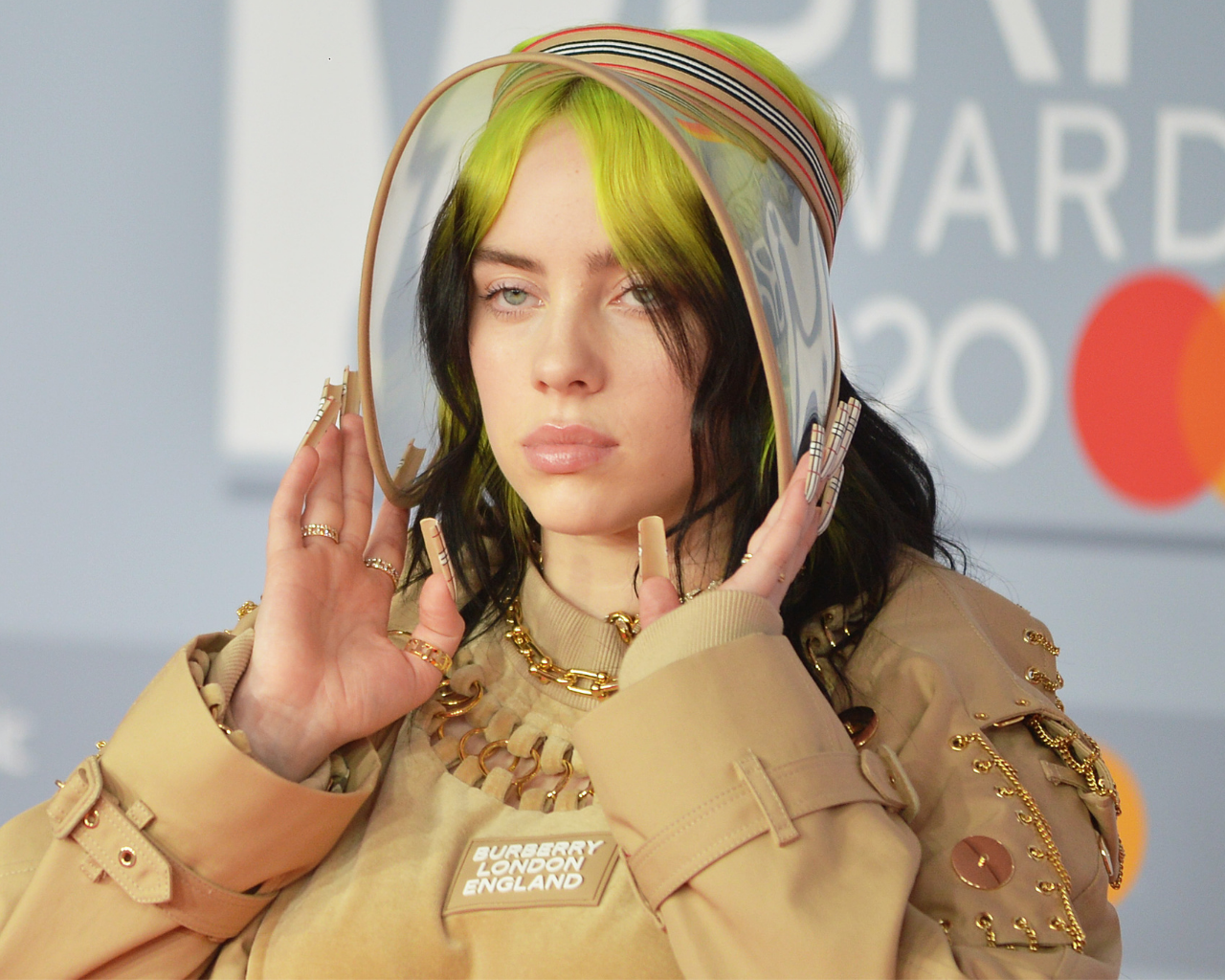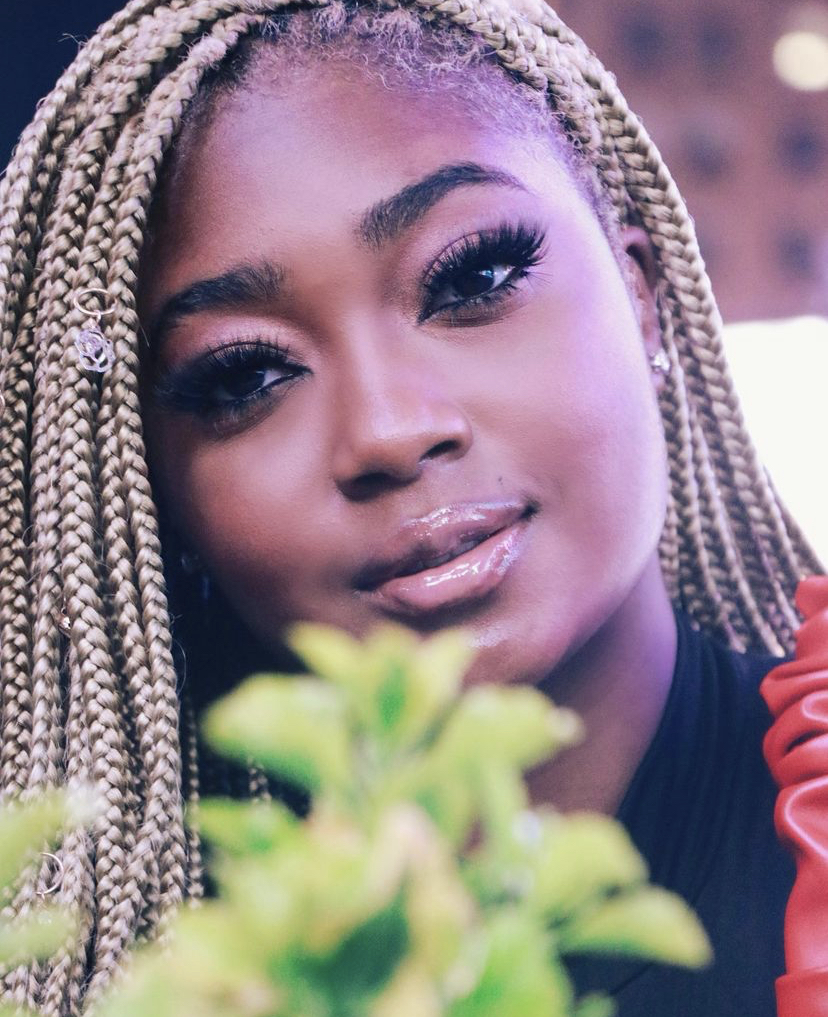

When Billie Eilish emerged onto the pop scene with her breakout album When We All Fall Asleep, Where Do We Go? and smash hit “Bad Guy,” she became an instant global sensation. Just a year into her ascent in the mainstream industry, she was remarkably recognized as the first woman to take home Grammys for the “big four” categories of Album of the Year, Record of the Year, Song of the Year, and Best New Artist. And aside from her distinct chart-topping vocals, the singer’s signature look — oversized streetwear and her jet black shaggy bob with neon green roots — has long been at the center of the conversation surrounding her identity.
In the June 2021 issue of British Vogue, Eilish gleams in the cover photoshoot in old-timey glamour; a blonde pin-up coif frames her face as she poses in a series of corsets and contouring fits styled with Gucci, Valentino, Burberry, and Alexander McQueen. For the 19-year-old, this grand reveal of the new era of her identity is a public declaration of body ownership, a subject she speaks candidly on in the cover interview with journalist Laura Snapes. Fully aware of the controversy around her bold selection of corsets and the garment’s long-standing symbolism for rejecting patriarchal standards, Eilish is forthright about how her confidence undermines both the expectations and the microscopic scrutiny the world places on young teenage girls. Prepping for the snide remarks, she knows some people will ask “‘If you’re about body positivity, why would you wear a corset? Why wouldn’t you show your actual body?’” But in response, she says “My thing is that I can do whatever I want.”
The rise of Eilish as a body icon in conjunction with her career was birthed out of her loosely-fitting apparel that left her body, a common focal point for teenage pop stars, a mystery to fans. Although the attire was intentional to distance herself from hypersexualization, it also became swept into misconceptions that she doesn’t necessarily align with. Addressing the viewpoints that her vision of body acceptance centers on a certain aesthetic, the artist says, “It’s all about what makes you feel good. If you want to get surgery, go get surgery. If you want to wear a dress that somebody thinks that you look too big wearing, f*ck it – if you feel like you look good, you look good.” And then, there’s the notion that showing skin is in direct opposition to the movement that Eilish bolsters, but she believes it’s merely another horizon to womanhood. “Suddenly you’re a hypocrite if you want to show your skin, and you’re easy and you’re a slut and you’re a whore.” She continues, “If I am, then I’m proud. Me and all the girls are hoes, and f*ck it, y’know? Let’s turn it around and be empowered in that. Showing your body and showing your skin – or not – should not take any respect away from you.”
When discussing her new single, “Your Power” (a lyrical letter to someone who has abused a minor), the singer said: “It’s an open letter to people who take advantage – mostly men.” Reflecting on her younger self, Eilish understands how young girls become trapped in the cycle of grooming and exploitation when they believe that maturity can circumvent age differences. “I used to not understand why age mattered. And, of course, you feel like that when you’re young, because you’re the oldest you’ve ever been. You feel like you’re so mature and you know everything.” Emphasizing the pervasiveness of rape culture, she goes on to say, “I wanted to say that it doesn’t matter who you are, what your life is, your situation, who you surround yourself with, how strong you are, how smart you are. You can always be taken advantage of. That’s a big problem in the world of domestic abuse or statutory rape – girls that were very confident and strong-willed finding themselves in situations where they’re like, ‘Oh my god, I’m the victim here?’”














